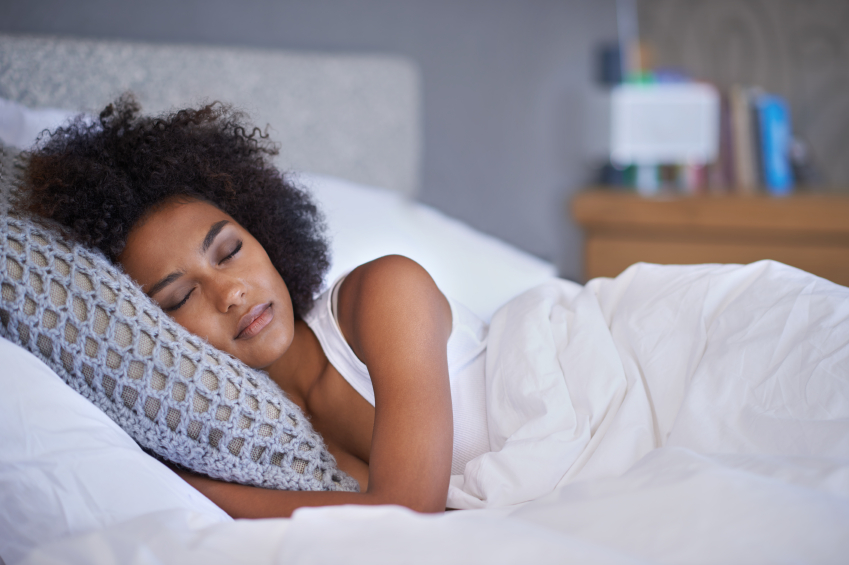UIO Announces U Matter Campaign
With so many crises about, admittedly sometimes I feel like who I am and what I think doesn’t really matter much anymore.
Of course, some of our problems are eerily mysterious and seemingly beyond our control to find a permanent solution. Case in point: Covid 19. But even if it is not within our gift to eradicate it, effective governance of such a problem throws up questions about what matters most.
But this vlog is not about the management of Covid 19 or any other world crisis; we could debate such topics for hours, which many do. So, I will refrain from that and rather focus on what really matters amid all the controversy, whatever the topic is.
The answer is ‘you’. That is why UIO is launching a new campaign, U Matter, with a new podcast series in early September. Unfortunately, this will be our final podcast series as far as I know but more on that later.
What is key is that I continue to have a firm belief that teenage girls matter. Of course, all teenagers do but UIO has always been for and about teenage girls, tackling issues that disproportionately affect girls and women.
Thus, the U Matter campaign will feature four podcasts—Your Voice Matters with Cai Graham, Your Education Matters with Donna Morgan, Your Wellbeing Matters with Cat Williams, and Your Family Matters with Lisa Doodson.
I can tell you without a doubt that each podcast is packed with oodles of great information—all slated to rise to the top of the most listened to UIO podcasts. I say this because Voice, for example, is one of those topics that is always relevant, but some current trends tend to attempt to squash the voice of girls and women. And the fight for equal opportunity in Education continues throughout the world.
In addition, Wellbeing is a topic at the core of each of us. It is so important to remember that not only does physical wellbeing matter but emotional and mental health does, too. So in this podcast, we focus on bullying.
And while it might feel clear at times that Family really matters, at others it does not. Great societies are built on healthy families; there is plenty of research out there to back this up. But perhaps less research is available on the diversity and complexity of family structures nowadays. Our podcast looks at the matter inside out.
Stay tuned for more information on the upcoming series. And rest assured that while the podcast aspect of UIO will wind down after this series, my commitment to teenage girls will step up.
It is my hope to work directly with as many girls as possible through organisations such as Compassion UK and schools, for example, throughout the world. It is a matter of reallocating UIO’s resources to ensure that you the teenage girl continues to understand that: U Matter.
To this end, if you know of an issue that affects teenage girls and you think that UIO can help , contact me here.





